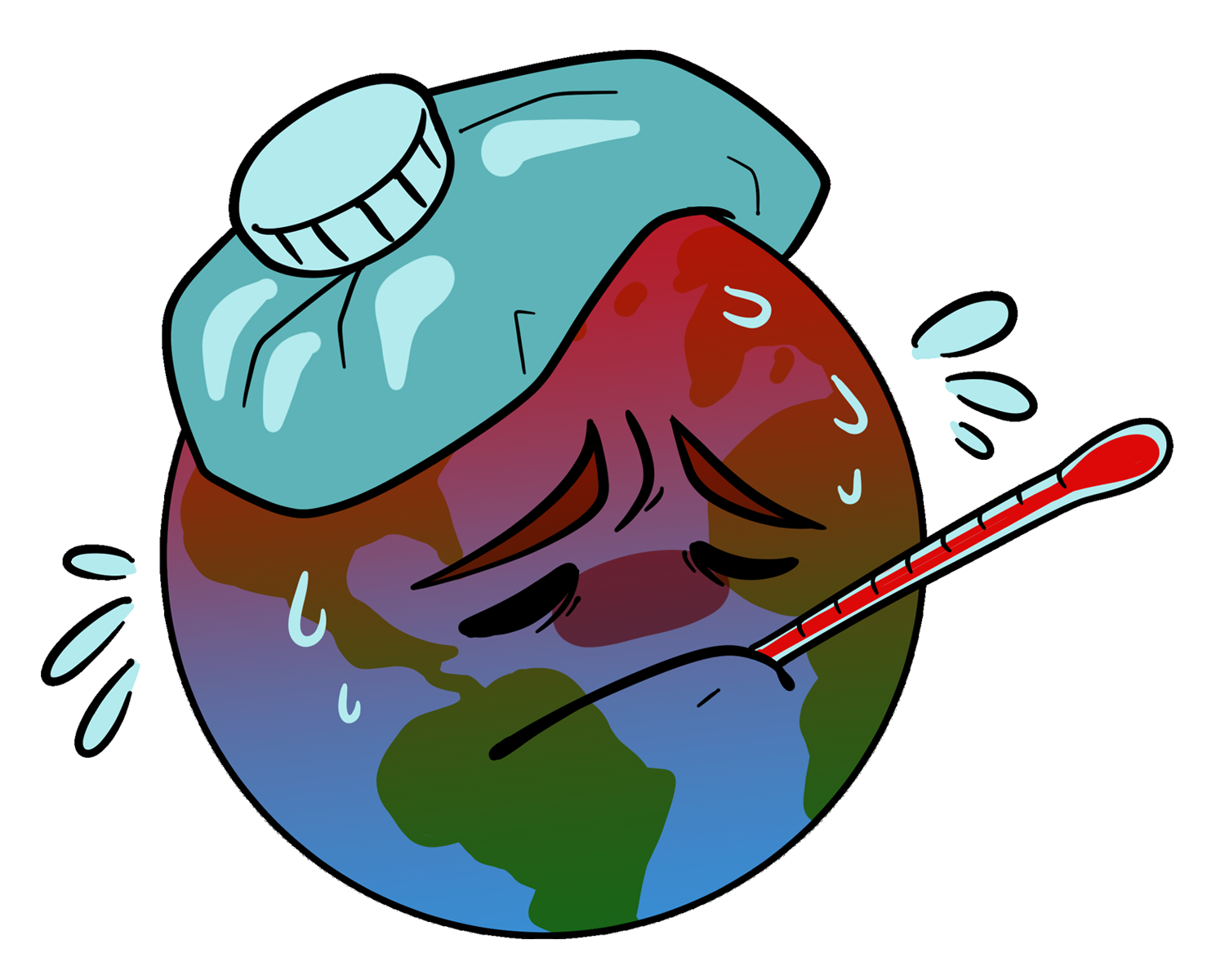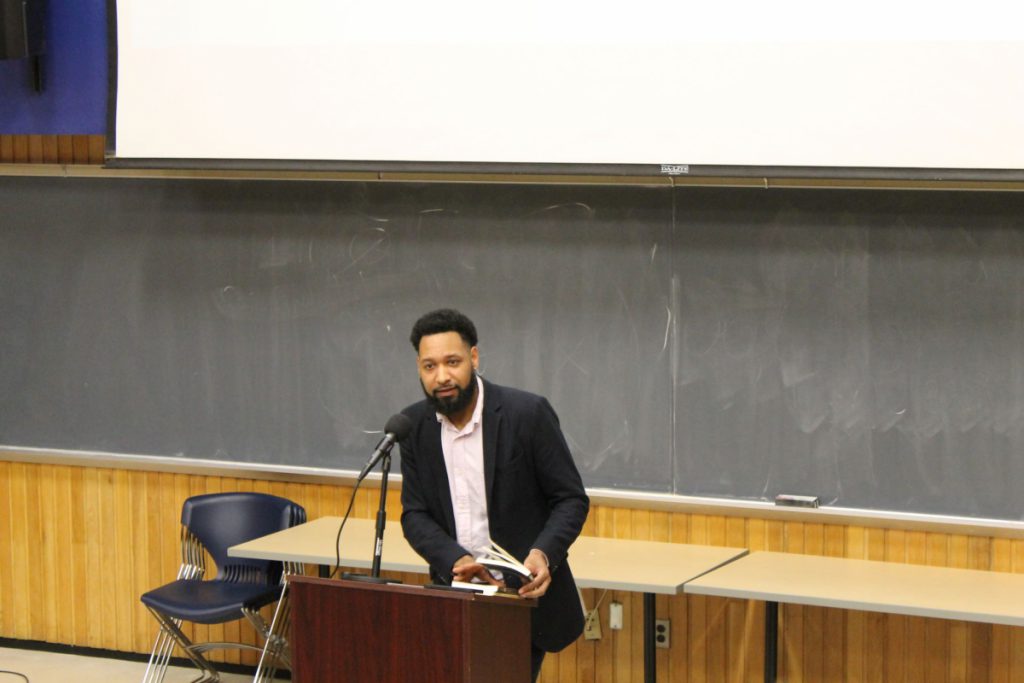While many enjoy the unusually warm February temperatures, for others, the global rise in temperature is cause for concern.
This current winter season is off to a warmer start than anticipated. Some areas around the globe are experiencing record-high temperatures, and at large, 2019 has been the second hottest year on record.
Bloomberg Green detailed just how noteworthy this phenomenon is. By current estimations, “
the world is heading toward the warmest winter ever recorded.” Strange and unexpected weather patterns around the globe have seemingly triggered this warming trend.
Yet, this trend was not supposed to happen, according to many projections. AccuWeather’s forecasts from Pennsylvania and Maxar’s forecasts from Maryland seemed to indicate a cool winter would follow the fall season.
A cold swell was predicted to drift down from the Arctic, bringing with it the low temperatures typical of most winter seasons in the northern hemisphere. However, a low-pressure system came over the North Pole, and ‘wedged’ the cold jet stream up in the polar region. This has “kept the cold locked in place, upsetting fall forecasts for an icy winter ahead”, per Bloomberg Green.
These effects have been felt worldwide. Temperatures throughout the U.S. mainland are 3 Celsius degrees higher than their 20th century average. In fact, Weahter.com explained that none of the 48 mainland United States experienced a below-average temperature in December or January, putting the U.S. on pace for their hottest winter yet. This also made for a 3.1 Celsius degree above-average January in Europe, reported the Copernicus Climate Change Service, the hottest January it has ever experienced.
Yet some areas have been quite cool, comparatively. Some northern regions such as Russia, Scandinavia, and east Canada have seen milder winters than average so far this season, by as much as 5 Celsius degrees in some areas, according to the U.S. National Centers for Environmental Information.
Celvin Pelaez-Gonzalez, a junior at VWU, also noted the cold winter that his family is experiencing further north in the United States.
Pelaez-Gonzales is from Ocean City, NJ, which has seen extreme cold spells recently, especially off the ocean. Per Time and Date Weather data, Ocean City saw bitter temperatures as low as 18 degrees Fahrenheit, without windchill, in late January. February proved to be unpredictable, yet, with sunny weather and highs of 60 followed by days in the low teens and chilling winds.
“It’s cold. [It] goes down to the 20s, sometimes negatives,” said Pelaez-Gonzales on his home in New Jersey. When asked how it compared to the weather Virginia Beach has seen this winter so far, he confirmed what data has shown for much of the Atlantic coast.
“I’ve noticed that it varies a lot throughout the week… This year it has changed from being like upper 60s and [the] next day going down to like 30s.”
Still, at large, Earth has gotten warmer and warmer. Compared to 20th Century averages, December 2019 saw an 1.05 degree Celsius increase. Similarly, January 2019 saw an 1.14 celsius degree increase, and many projections have February continuing the trend, per Bloomberg Green.
If this trend were to continue through the end of the month, the U.S. could very well have experienced a “global high for the season…going back 141 years.”
This collective warming did not go unnoticed on campus. In addition to the extreme highs and lows in temperature, Pelaez-Gonzales noted clear trends of warmer weather in general. “It has definitely changed the way I dress,” he said. Unlike past winters, “now, literally, I wake up, I look outside, and if I see it’s sunny then there’s a good chance it’s gonna be warm,” admitted Pelaez-Gonzalez. “I definitely see people dressing more warmly than I have seen in the past three years”
Beyond mere attire, the warm Virginia winter has made notable changes to campus life. Pelaez-Gonzales noted a quick shift to warm, spring-like weather reflected by student activity in and around campus.
“There was supposed to be a snowman building [event] and that did not work” added Pelaez-Gonzalez, laughing as he recalls hot days and an underwhelming flurry of snow just days before. In lieu of winter activity, many students seem prepared to move onto warmer jaunts. “I’ve had a lot of my friends invite me to go to the beach or just do outside activities more often than previous years”
While bypassing bitter-cold temperatures in a coastal region can be a blessing to many, the underlying concern about rising global temperatures did not escape the conversation. Despite cold regions, the earth’s surface air temperatures both in winter and overall continue to rise.
“Definitely Global warming is something we should all look at as a whole,” mused Pelaez-Gonzalez, citing the importance of green practices at the local, national, and international level.
The 2015 Paris Agreement had aimed to hold global temperature rises to 1.5°C. “Staying below 1.5°C would prevent hundreds of millions of people from suffering through extreme heat waves and give other living things more time to adjust to changing conditions,” reports Bloomberg Green.
A sense of urgency and discomfort underlined Pelaez-Gonzalez’s comments. “I don’t know how to explain it, but you can definitely tell that the weather has changed.”
Alex Powers
ampowers@vwu.edu


